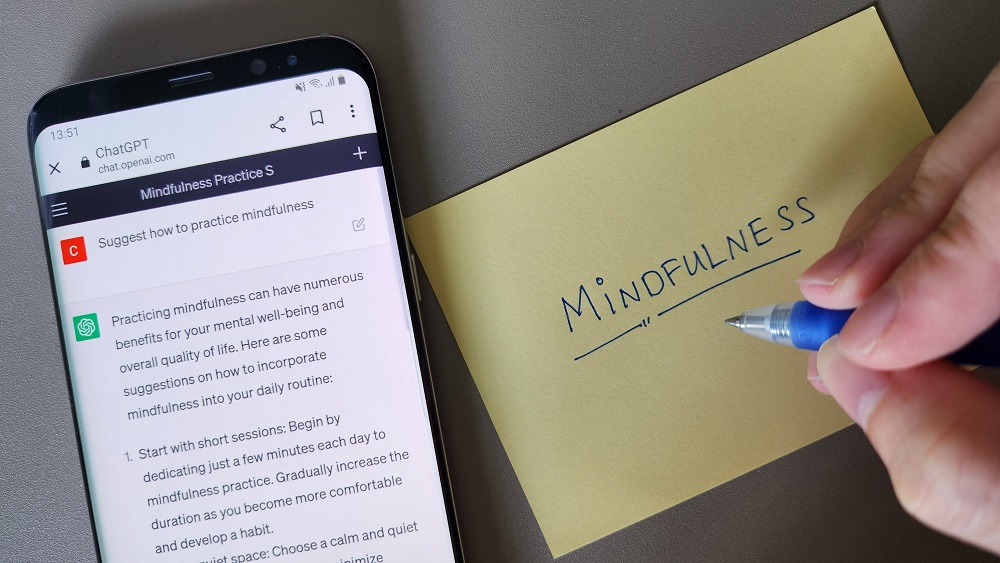Is ChatGPT a Safe Tool for Supporting Your Well-being?

by Annette Pinder
As AI becomes more accessible, many people are turning to tools like ChatGPT to support their emotional well-being. While AI is not a substitute for a licensed therapist, individuals are discovering meaningful ways to use these tools for self-reflection, skill development, and mental health support between—or even before—formal therapy sessions.
A Tool for Reflection and Insight
According to the National Library of Medicine (NLM), one of the most common uses of ChatGPT is for self-reflection. People seek journaling prompts, questions that help them process emotions, or guidance in understanding why specific patterns keep repeating. Because AI provides a non-judgmental and always-available space, some users feel more comfortable exploring thoughts they aren’t ready to share aloud. Studies show that individuals often disclose more freely to chatbots due to the absence of fear of judgment, which can foster deeper personal insights.
Learning Coping Skills
ChatGPT can also assist users by guiding them through coping strategies often used in cognitive-behavioral or mindfulness-based therapies. People use it to practice reframing negative thoughts, explore grounding techniques for anxiety, or prepare for challenging conversations. While AI can’t replace the nuance and guidance of a professional, it can support the reinforcement of healthy strategies between sessions or serve as a starting point for those not yet connected to care.
Support When Access Is Limited
Positive Psychology notes that for people living in remote areas, facing long waitlists, or navigating financial or insurance barriers, AI tools offer immediate access to supportive conversation. ChatGPT doesn’t diagnose or treat conditions, but it can help people manage stress, untangle emotions, and receive guidance at any hour—especially when human services are unavailable.
Complementing Professional Therapy
NLM notes that many therapists report their clients are using AI to stay engaged in treatment. In fact, ChatGPT can help individuals remember skills, practice homework, prepare talking points for sessions, and track patterns over time. It serves as a bridge, not a replacement, reinforcing progress while keeping clients connected to their goals.
Limitations and Cautions
Despite its benefits, Stanford University’s Human-Centered Artificial Intelligence warns that using ChatGPT for self-therapy has limitations. AI cannot provide crisis intervention, in-depth relational support, or the professional perspective a therapist offers. It may also give advice that is too broad or inappropriate for complex mental health issues. Privacy is another concern: Unlike licensed professionals, AI tools are not subject to clinical confidentiality rules. Experts warn against replacing human connection with AI or depending on it as the only support. Instead, it should be used as a supplement—part of a larger mental health approach.
A Helpful Companion When Used Wisely
You can go to chat.openai.com or the ChatGPT app, tell it what you’re feeling or need help understanding, and it will give you prompts, coping tools, and reflection questions—but it’s meant to support you, not replace a therapist.









